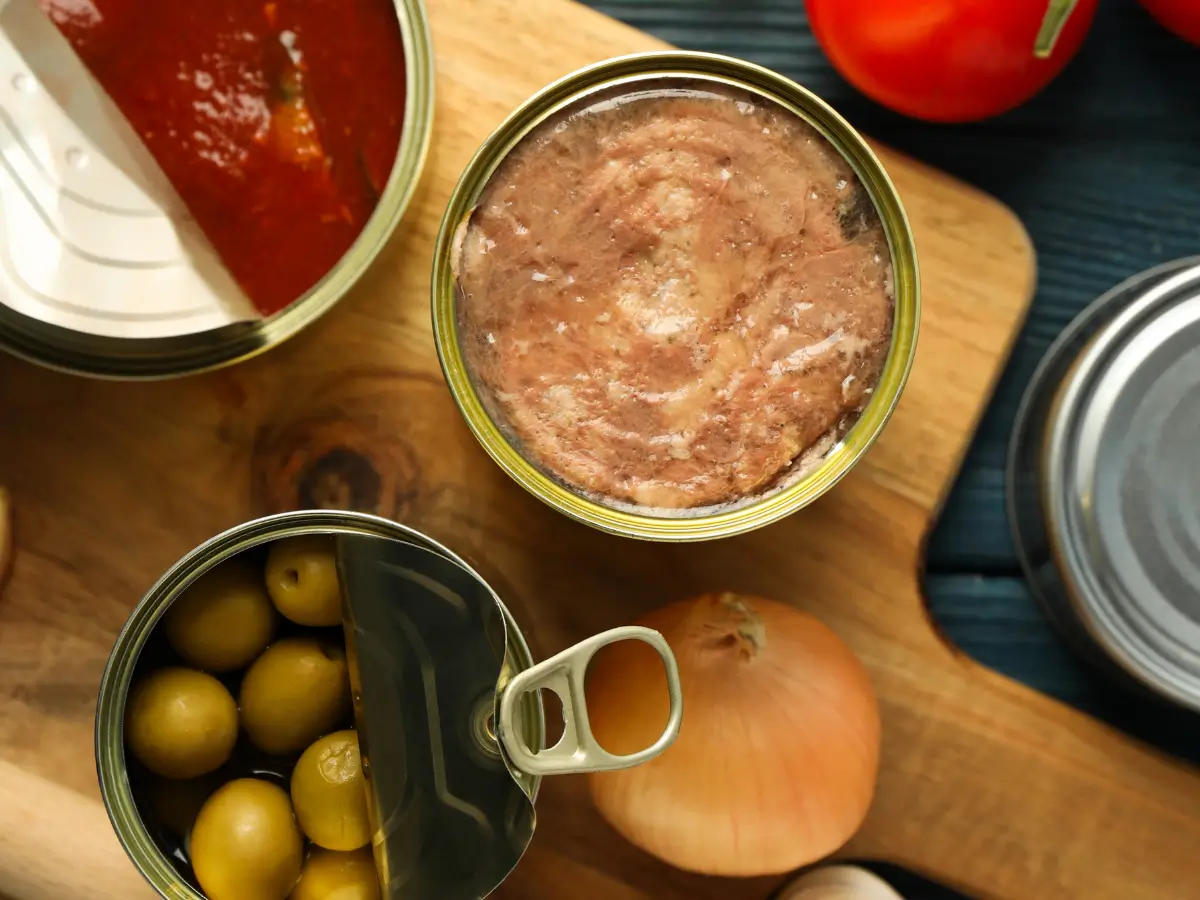Should You Rinse Your Recyclables?

How clean do recyclables really need to be? Learn more about this common question when it comes to 'empty and clean.'
To rinse, or not to rinse your recyclables. That is the question.And if you do need to rinse, what about sticky stuff like yogurt that clings to the sides of the container?You may have pondered these questions as you hovered indecisively over your bin, wondering if it's OK to drop your containers in as-is. Especially if you've heard that the water usage takes away from recycling savings.It used to be that some cities, such as Chicago, didn't need residents to rinse their recyclables. They took on the job of cleaning materials themselves. But Chicago and more areas like it now ask residents to remove the bulk of food residue. A quick rinse is fine - there's no need to make it clean enough to eat off of. The heat process can burn off small amounts of stuck-on food. And to make the process even more earth friendly, you can even re-use dish water.
Single-stream challenges
If your community uses single-stream recycling, where all of your recyclable materials are put in one bin and separated at the recycling facility, there is another factor to consider, too.Even if your unrinsed yogurt container, soda can or other residue-containing item is upright when you put it into the bin, after being dumped into the truck, bounced along for miles and compressed, there's a pretty good chance that somewhere along the way whatever started off inside will come out.That's bad news for any paper or cardboard that might be on board. While a drop of yogurt might not make a huge difference, it adds up. And even a small bit of oil or grease (salad dressing, anyone?) can ruin the entire load of paper recyclables.
The bottom line: rinse recyclables, seriously
You don't need to scrub those plastic and glass containers with soap and water to make them clean enough to eat off of. But taking a moment to give them a rinse, even if it's just with dishwater runoff, will ensure that they end up getting processed. For more helpful tips and tricks on handling your household waste, download the Recycle Coach app for free. If your city's a member of our network, we'll hook you up with information customized to where you live.
You might also like...
Should You Rinse Your Recyclables?

How clean do recyclables really need to be? Learn more about this common question when it comes to 'empty and clean.'
To rinse, or not to rinse your recyclables. That is the question.And if you do need to rinse, what about sticky stuff like yogurt that clings to the sides of the container?You may have pondered these questions as you hovered indecisively over your bin, wondering if it's OK to drop your containers in as-is. Especially if you've heard that the water usage takes away from recycling savings.It used to be that some cities, such as Chicago, didn't need residents to rinse their recyclables. They took on the job of cleaning materials themselves. But Chicago and more areas like it now ask residents to remove the bulk of food residue. A quick rinse is fine - there's no need to make it clean enough to eat off of. The heat process can burn off small amounts of stuck-on food. And to make the process even more earth friendly, you can even re-use dish water.
Single-stream challenges
If your community uses single-stream recycling, where all of your recyclable materials are put in one bin and separated at the recycling facility, there is another factor to consider, too.Even if your unrinsed yogurt container, soda can or other residue-containing item is upright when you put it into the bin, after being dumped into the truck, bounced along for miles and compressed, there's a pretty good chance that somewhere along the way whatever started off inside will come out.That's bad news for any paper or cardboard that might be on board. While a drop of yogurt might not make a huge difference, it adds up. And even a small bit of oil or grease (salad dressing, anyone?) can ruin the entire load of paper recyclables.
The bottom line: rinse recyclables, seriously
You don't need to scrub those plastic and glass containers with soap and water to make them clean enough to eat off of. But taking a moment to give them a rinse, even if it's just with dishwater runoff, will ensure that they end up getting processed. For more helpful tips and tricks on handling your household waste, download the Recycle Coach app for free. If your city's a member of our network, we'll hook you up with information customized to where you live.
You might also like...
Let's work together
We’re a proud partner to 1,700+ municipalities across North America and beyond. From local problems to larger initiatives, we’d love to have a conversation. Send us a note and we’ll be in touch as soon as possible.
